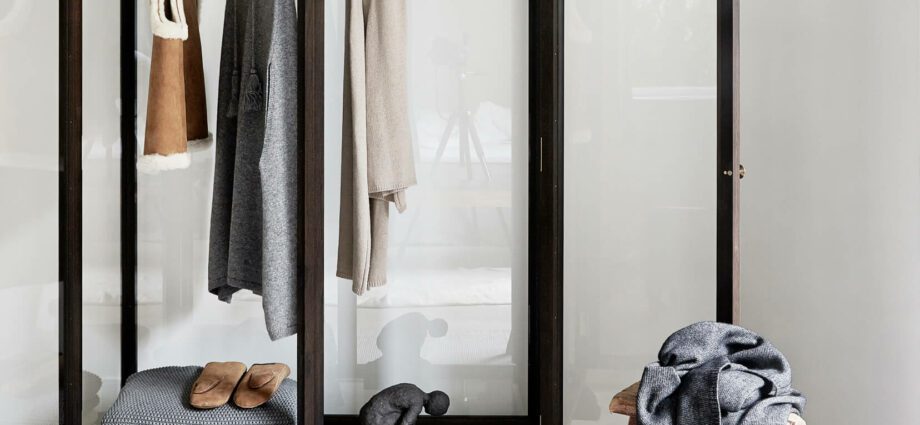Contents
Cotton: organic or nothing
Contrary to popular belief, cotton cultivation as we know it is one of the most polluting in the world. Chemical fertilizers, widely used, unbalance our already fragile ecosystem, and artificial irrigation requires more than two-thirds of the world’s drinking water resources, a figure that thrills.
Growing organic cotton eliminates many of these problems: water is used sparingly, pesticides and chemical fertilizers are forgotten, just like the chlorine usually used for dyeing. Cultivated in this way, cotton flowers make the material healthier and more natural for the sensitive skin of toddlers.
More and more brands specializing in organic cotton are also offering children’s lines, such as Idéo or Ekyog, followed by major brands, such as Vert Baudet, and Absorba is presenting this season a 100% organic cotton maternity suitcase, body to socks.
Hemp and flax: very resistant
Their fibers are considered to be the “greenest” there is. Flax and hemp share similar properties: their cultivation is easy and does not require much of pesticides, a factor which unfortunately slows down the development of an organic sector. More flexible than hemp, linen is nonetheless strong, and goes very well with viscose or polyester. Likewise, hemp knitted with other fibers, such as cotton, wool or silk, moves away from its “raw” aspect, which is sometimes prohibitive. It is used, among other things, for diapers, but also for baby carriers, like the one from the Pinjarra brand which mixes hemp and cotton.
Bamboo and soy: ultra soft
Thanks to its rapid growth and resistance, bamboo cultivation uses four times less water than traditional cotton, and avoids the use of pesticides. Often associated with organic cotton, bamboo fiber is absorbent, biodegradable and very soft. It also has highly sought after antibacterial properties. Babycalin uses it in particular for bibs, while Au fil des Lunes combines it with corn fiber to make angel nests and bed bumpers.
As with bamboo, soy proteins are used to make fiber. Renowned for its relaxing properties, its shine and its silky feel, it is appreciated because it dries quickly and for its slight elasticity. The Naturna brand, seduced by its qualities, offers it as a maternity cushion, for the well-being of mother and baby.
Lyocell and Lenpur: attractive alternatives
Made from wood, from which cellulose is extracted, these fibers have been in increasing demand in recent seasons. Lenpur ® is made from white pine, grown in China and Canada. The trees are simply pruned, an operation which therefore does not require any deforestation. This all-natural fiber is renowned for its touch close to that of cashmere and its great softness. Bonus: it does not pilling and absorbs moisture. Used for pillows, it is also noticed in the lingerie collections of Sophie Young, for men, women and children.
Lyocell®, obtained from wood pulp and recyclable solvents, wicks moisture better than polyester fibers. In addition, it is waterproof and does not wrinkle. Baby Waltz made them into quilts for toddlers, highlighting its temperature-regulating qualities.
Note: enriched with seaweed powder, the fiber would even have antimicrobial and moisturizing properties.
Organic has a price
It’s hard to get past the problem: if consumers are often reluctant to buy an “organic” item of clothing, it is partly because of the price. Thus, we can observe a difference of 5 to 25% between a traditional cotton T-shirt and its organic alter ego. This additional cost is partly explained by the environmental and social requirements linked to production, and secondly due to a high transport cost, because it is passed on to small quantities.
You should therefore know that the democratization of “organic” textiles should reduce some of the costs in the future.
Brands
In recent years, creators have entered the organic niche. More aware and engaged than the previous generation, they opted for fashion that respects man and nature, like American Apparel. Their names ? Veja, Ekyog, Poulpiche, Les Fées de Bengale… For toddlers, the sector is developing at high speed: Tudo Bom, La Queue du Chat, Idéo, Coq en Pâte and many others are not there. deceived.
The giants of the clothing industry have followed suit: today, H & M, Gap or La Redoute have also launched their mini organic collections.










